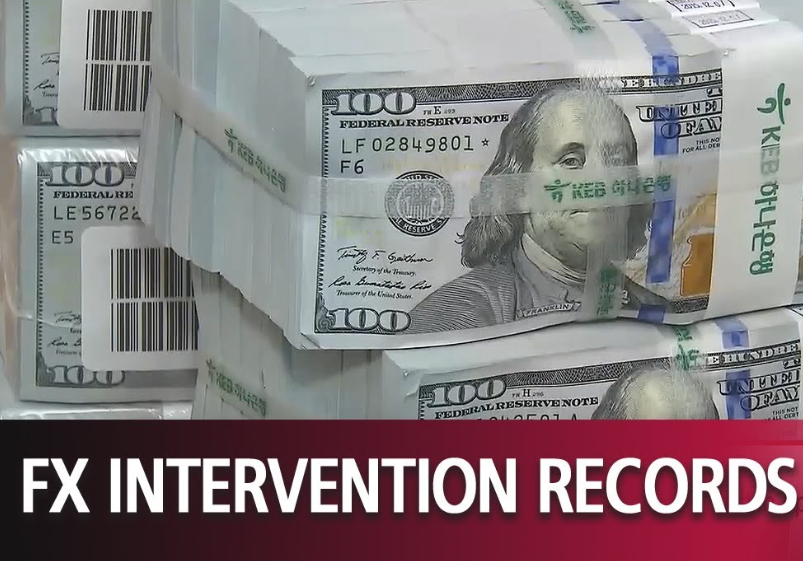Why central banks rarely intervene in FX

From time-to-time I see questions/comments on why central banks don't intervene to push currencies where they want them, instead of just talking about valuations etc. A lesson to draw from Chinese FX reserves is that intervention costs money ... for example, in order to support the yuan (i.e. they are slowing its fall, that's pretty much all) the People's Bank of China is buying CNY and selling USD (or other currencies as the case may be).
As you can see by the level of China's foreign currency reserves, its not as if the PBOC is short of a bit of FX cash to splash if they wish, but that's not the point, intervention does have a price. China can afford it. Not all countries are in the same flush position. Central banks from other countries don't have quite the level of reserves to play with.
As an example, the Reserve Bank of New Zealand do intervene from time-to-time, but they have much smaller reserves to play with. The RBNZ has a 'traffic light' system guiding the timing, trying to be effective and get the most bang from their (foreign) buck. I've posted on it before, here (and there are other links at that post to more if you are interested). While this guide is specific to the RBNZ its not too much of a stretch to say other reserve-challenged central banks have a similar approach.




